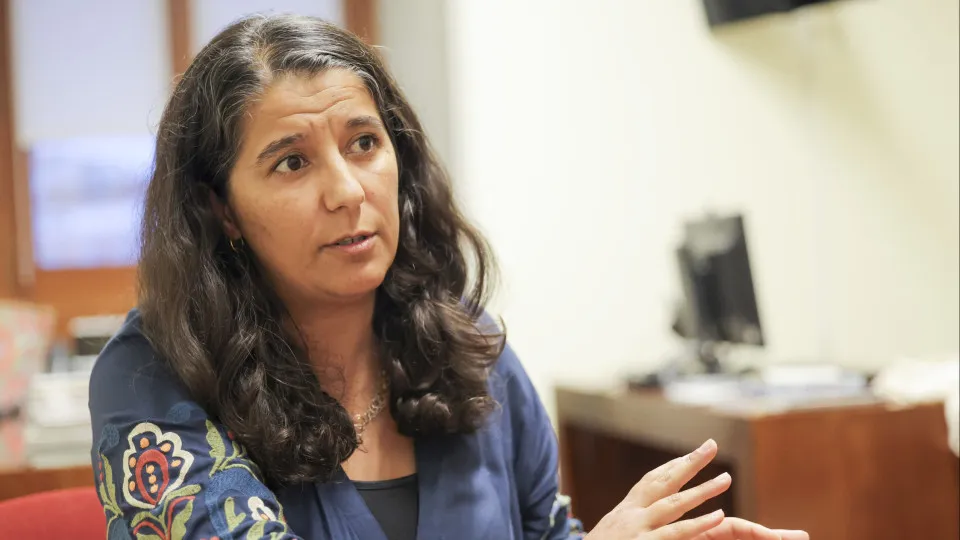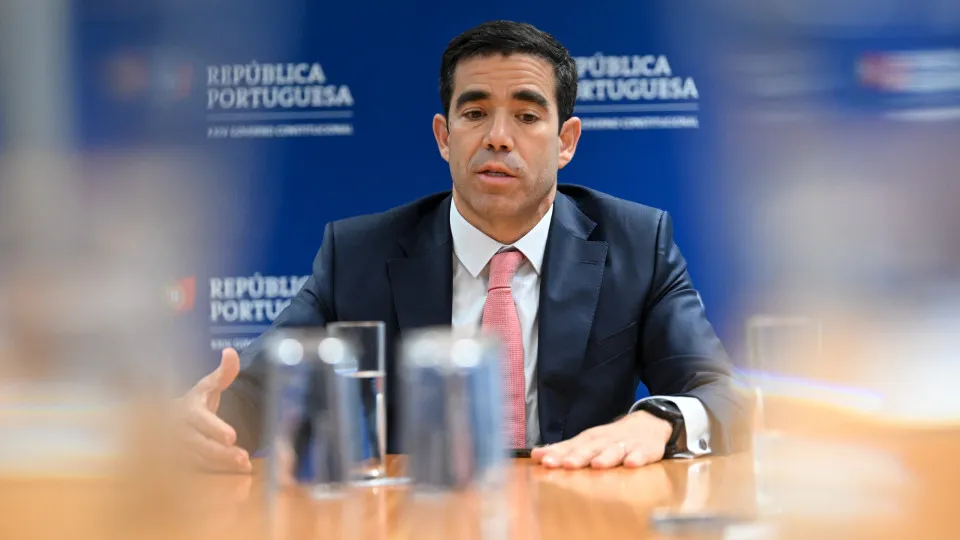
“What has been corrected meets the minimum requirements” in legal competence. This is how Marcelo Rebelo de Sousa responded to his decision to promulgate the Foreigners Law.
The President of the Republic approved the document today, noting on the presidency’s website that the decree, revised and approved by 70% of the deputies, “minimally corresponds to the essential doubts of unconstitutionality raised by him and confirmed by the Constitutional Court.”
In statements to journalists, Marcelo Rebelo de Sousa recalled sending the document to the Constitutional Court “because he thought it could be discussed further” and because “there were doubts” about it. However, once the Assembly of the Republic agreed to correct certain points, he “approved” it.
The parliament’s decree amends the legal regime for the entry, stay, exit, and expulsion of foreigners from national territory.
This new version was approved in plenary on September 30 with votes in favor from PSD, CDS-PP, Chega, IL, and JPP, and votes against from PS, Livre, PCP, BE, and PAN, following the Constitutional Court’s rejection of five clauses from the previous decree in August.
PS, Livre, PCP, BE, and PAN, as well as JPP’s sole deputy, voted against the first version, approved on July 16, with support from PSD, Chega, and CDS-PP, and an abstention from IL. The decree was based on a Government PSD/CDS-PP proposal and a Chega bill.
The new regime limits job search visas to “skilled work,” restricts the possibility of family reunification for immigrants with residency permits in Portugal—excluding refugees—and changes the conditions for granting residency permits to citizens of the Community of Portuguese Language Countries (CPLP).
On July 24, the President of the Republic submitted the first version of the parliament’s decree to the Constitutional Court, requesting preventive scrutiny of the constitutionality of rules on the right to family reunification and conditions for its exercise, the deadline for reviewing applications by the Agency for Integration, Migration, and Asylum (AIMA), and the right to appeal.
Marcelo Rebelo de Sousa argued that the changes regarding family reunification appeared “to disproportionately and unequally restrict the principle of family union, potentially neglecting the best interest of the child faced with prolonged separations.”
The Constitutional Court’s ruling on August 8 declared five norms of the parliamentary decree unconstitutional, concerning the right to family reunification and conditions for its exercise and the right to appeal, for violating Constitution norms on the right to family formation and parent-child coexistence and the principle of legal reservations regarding rights, freedoms, and guarantees.
Among the changes introduced in the new decree, regarding family reunification, the principle remains that this right can only be exercised by the foreign citizen with a valid residence permit in Portugal “for at least two years,” but this period does not apply to “minors or dependents,” nor to the “spouse or equivalent who is, with the residence permit holder, a parent or adopter of a minor or dependent.”
For a request to reunite with the “spouse or equivalent who has cohabited with the holder for at least 18 months immediately before the holder’s entry into national territory,” a “15-month” legal residence period in Portugal is required.
The two-year condition remains for requesting reunification with a spouse or equivalent who does not meet these criteria, as well as other family members, adult children, and non-disabled ascendants.
A new provision establishes that this period “can be waived in duly justified exceptional cases, by order of the Government member responsible for migration, considering the nature and strength of the person’s family ties and the effectiveness of their integration in Portugal, in light of the principles of human dignity and proportionality.”




